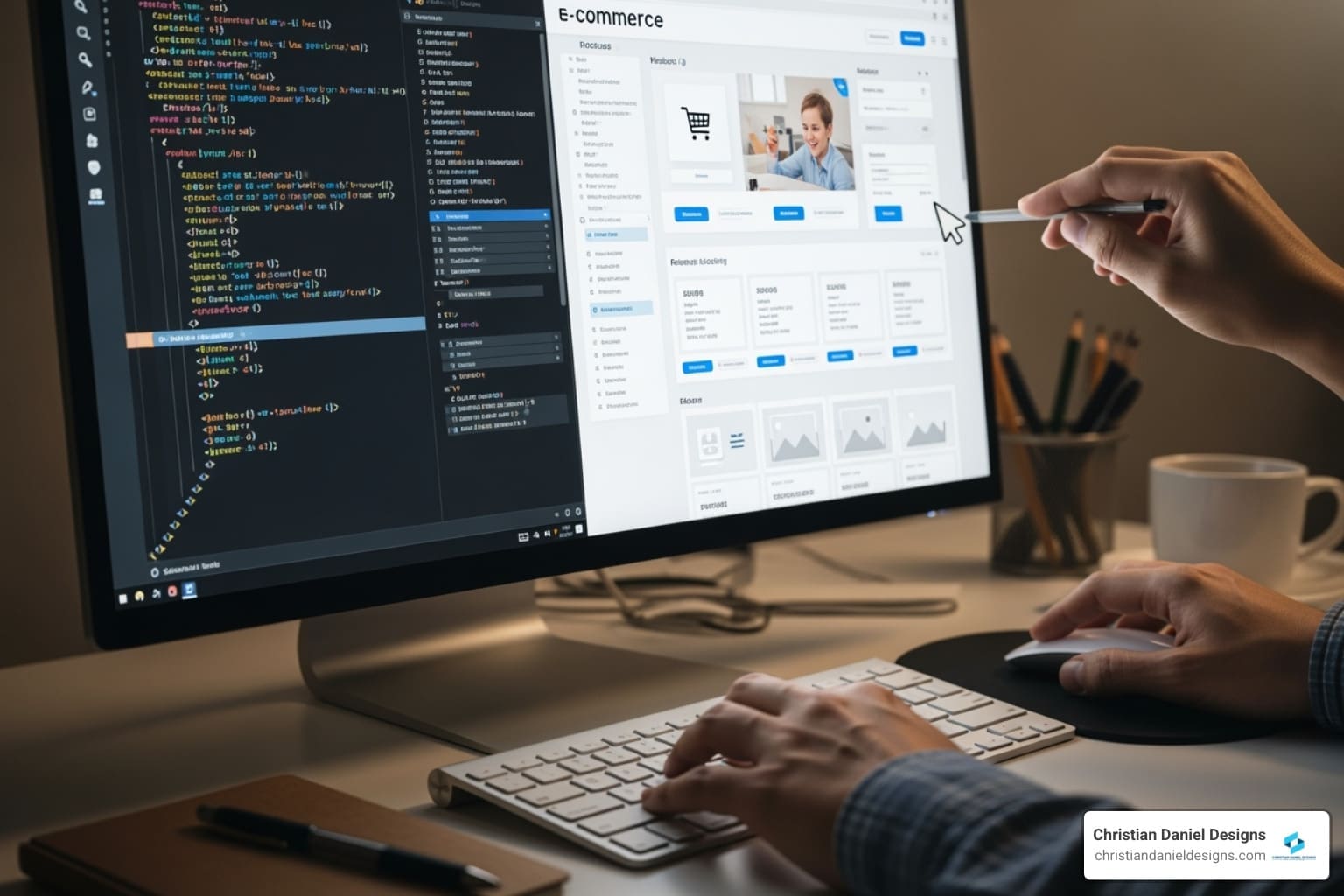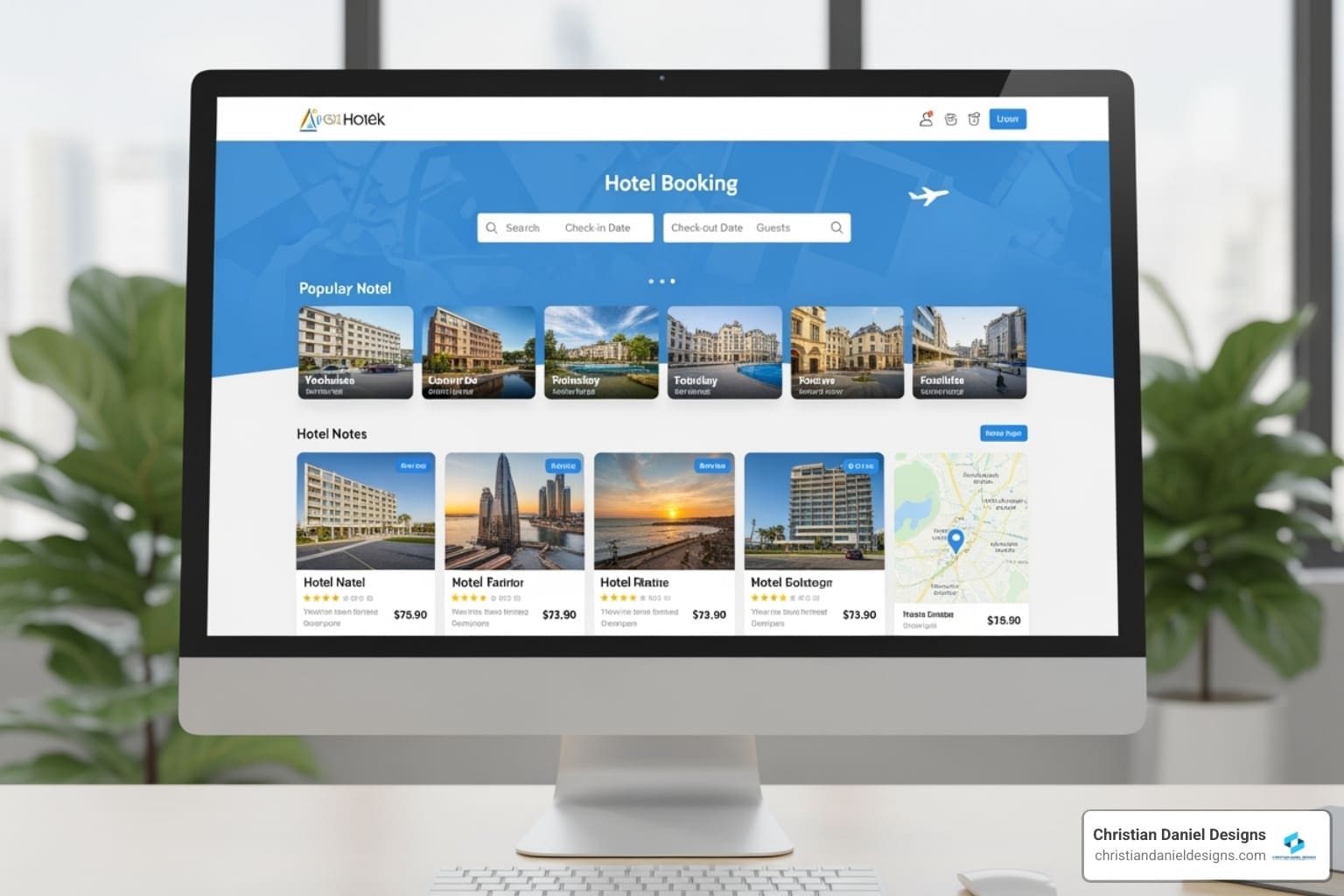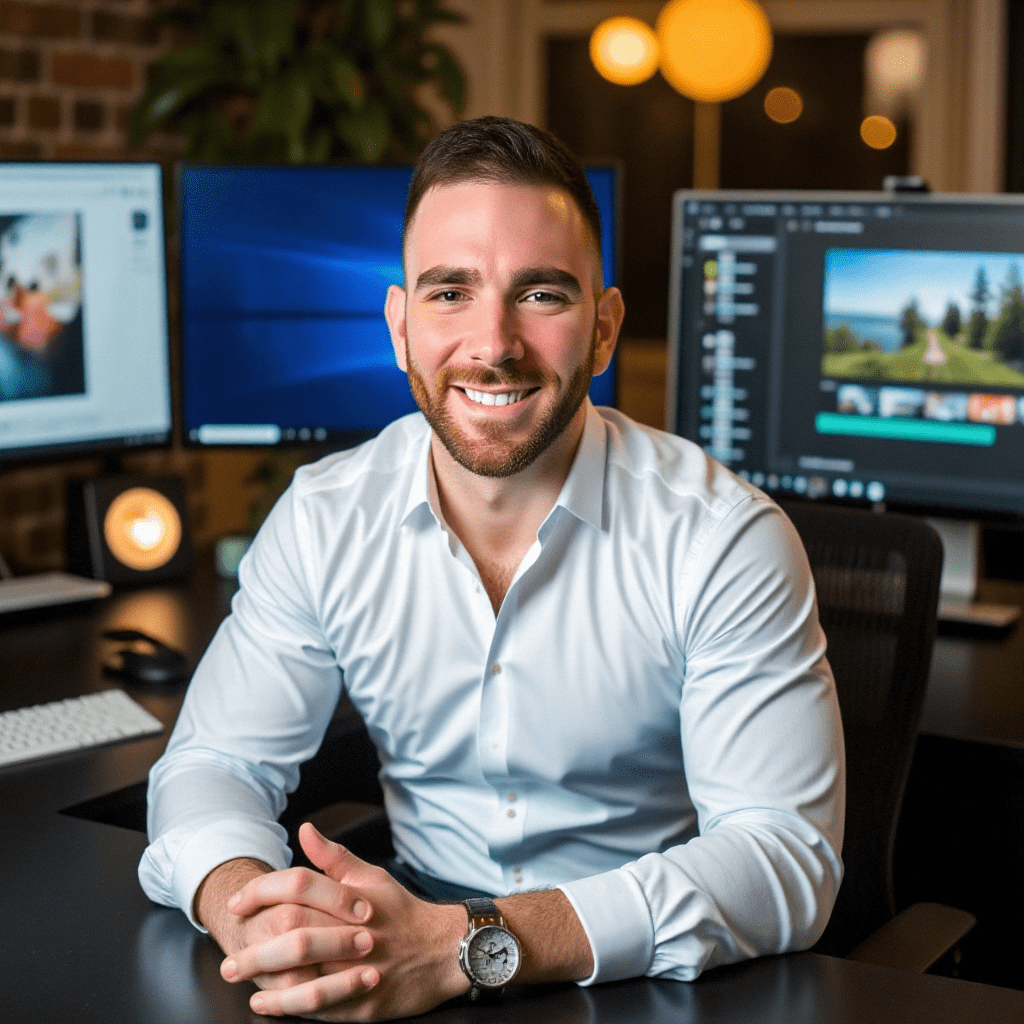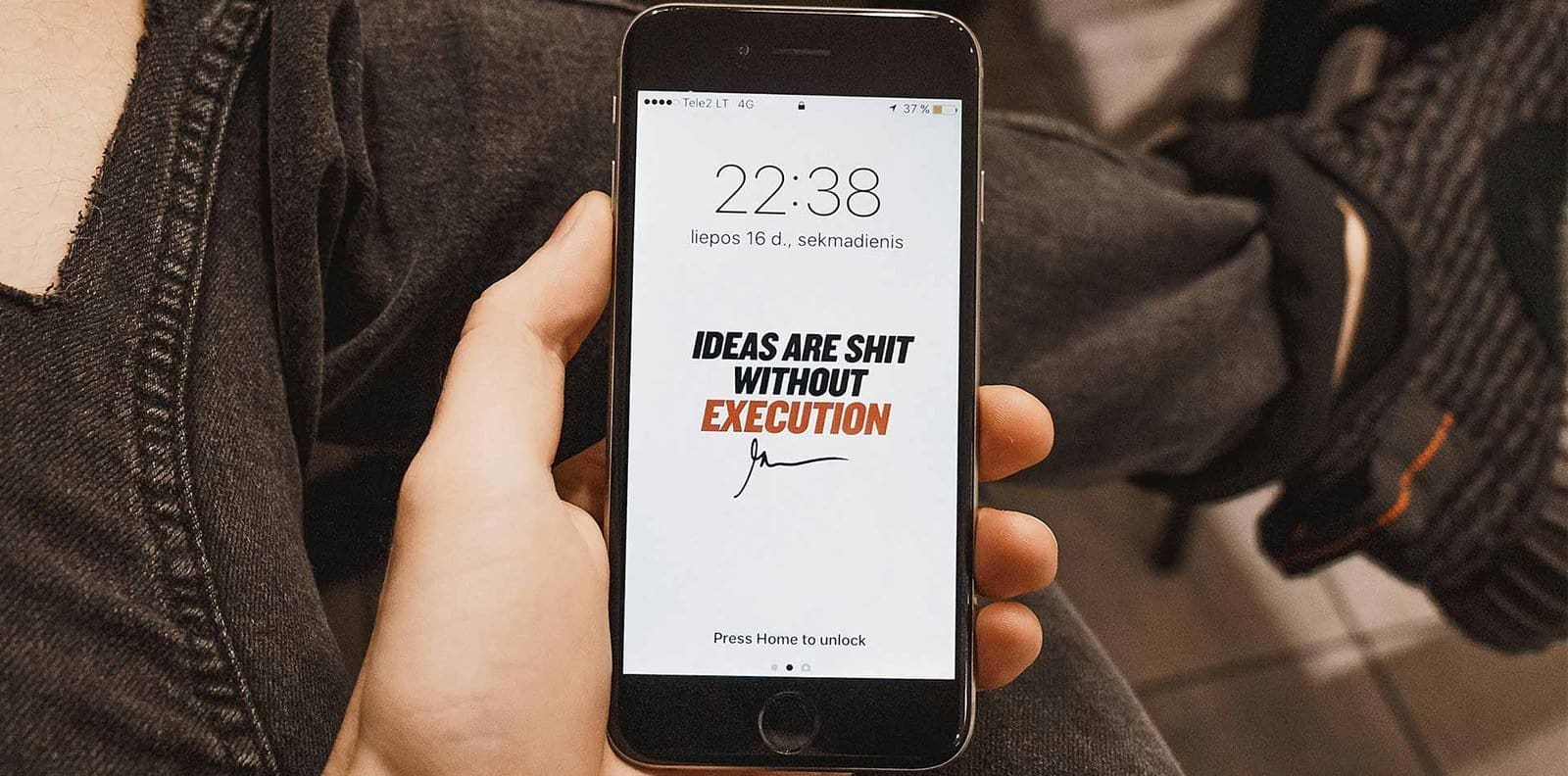Website designers for small business: Top 7 Choices
Why a Professional Website is Your Small Business’s Secret Weapon
Website designers for small business are professionals who create custom, mobile-friendly websites that turn visitors into customers. Here’s what to look for:
- Custom design that reflects your brand (not cookie-cutter templates)
- Mobile-first approach since 60% of web traffic comes from phones
- SEO optimization to help customers find you on Google
- Clear pricing ranging from $2,000 to $15,000 for most small businesses
- Ongoing support for updates, security, and maintenance
Your website is often the first handshake between your business and potential customers. With 75% of consumers admitting to judging a company’s credibility based on its website design, a professional site is no longer an option—it’s essential. A professionally designed website works hard for your business by building trust, capturing leads, and driving sales, all while you focus on running your company.
This guide breaks down everything you need to know to choose the right web designer. I’ll walk you through the difference between agencies and freelancers, share my top recommendation, and give you a practical checklist for making the smartest choice.
I’m Christian Daniel, and I’ve spent over 20 years building custom websites and creating video content for small businesses across hospitality, dining, and creative industries. I work directly with clients to deliver results-driven website designers for small business solutions, and I know what it takes to create a website that actually grows your business.

Think of your website as your hardest-working employee—on duty 24/7, representing your brand and generating business. A well-designed site is a strategic asset that drives growth and helps you stand out. I’ve seen how a strategic, user-friendly website can transform a small business, with some clients increasing lead generation by up to 400%.

User experience (UX) is paramount. If your website is slow or difficult to steer, visitors will leave. An astounding 88% of online consumers are less likely to return to a site after a bad experience, which shows how design impacts customer satisfaction and trust. That’s why I focus on Conversion-Focused Web Design to ensure every click counts.
First Impressions and Credibility
Your website is your digital first impression, so it needs to be professional. While DIY templates seem like a money-saver, they often lack the unique branding and functionality that sets you apart. A professionally designed website exudes credibility, showing customers you’re serious about your business and invested in their experience. Learn more about making your site unique with my Custom Website Design Ultimate Guide.
Driving Leads and Increasing Sales
Beyond looking good, your website must be a lead-generating machine. This means strategic calls-to-action (CTAs) and an optimized user journey that guides visitors toward becoming customers. For example, 21% of shoppers abandon carts due to a complicated checkout according to research. I prevent this by building sites with clear, intuitive navigation.
A professional website also provides a strong SEO foundation. Since 75% of users never scroll past the first page of search results, you need a site built to rank. My goal is to build you a site that search engines love. Dive deeper into getting found online with my guide on How to Get Your Web Page First on Google.
Agency vs. Freelancer: What’s the Right Fit for You?
When you decide to invest in a professional website, one of the first big questions you’ll face is whether to hire a web design agency or a freelance web designer. It’s like choosing between a full-service restaurant and a personal chef. Both can deliver a great meal, but the experience is very different. This section will help you decide between a large team and a solo expert for your website designers for small business needs.

Here’s a quick comparison to help you weigh your options:
| Feature | Web Design Agency | Freelance Web Designer |
|---|---|---|
| Cost | Generally higher (can be $5,000 – $50,000+ for a small business project) | Often more budget-friendly (can be $1,500 – $10,000+ for a small business project) |
| Expertise | Diverse team of specialists (designers, developers, SEO, copywriters, project managers) | Individual skill set, may have limited expertise in certain areas |
| Support | Consistent support, reliability, structured processes, multiple points of contact | Direct, personal contact, but support can be limited by individual availability |
| Resources | Access to cutting-edge software, latest design tools, established workflows, larger network | Limited to individual resources, may outsource some tasks |
| Flexibility | Can handle larger, more complex projects, but may have less flexibility in scheduling and rapid changes | Highly flexible, adaptable to changing needs, quick turnaround times for smaller tasks |
| Personalization | Can be less personal due to multiple team members, but still custom to your brand | Very personal, direct communication with the person doing the work, strong relationship building |
| Risk | Lower risk of project abandonment, established reputation, contracts, and legal framework | Higher risk of unreliability, limited legal recourse if issues arise, dependent on one person’s health/availability |
The Web Design Agency: A Team of Specialists
Hiring a web design agency is like getting a team of specialists. You get access to designers, SEO experts, copywriters, and project managers. This diverse skill set means every aspect of your project is handled by a professional. Agencies also bring serious resources, established workflows, and reliability to the table.
The catch? All those specialists come at a price. Agency costs are generally higher, and communication often goes through a project manager. It can feel like a game of telephone—the message gets through, but the personal connection can get lost, which can be frustrating for small business owners who value direct communication.
The Freelance Web Designer: A Solo Expert
Working with a freelancer means you’re hiring a solo expert who handles your project from start to finish. This route is often more cost-effective and provides direct attention. When you call or email, you’re reaching the person designing your site, so your vision doesn’t get diluted. Freelancers also tend to be more flexible and can pivot quickly when you need changes.
The flip side is that a freelancer’s bandwidth is limited. A solo designer might struggle with a massive project on a tight deadline. There can also be skill gaps, and there’s a bit more risk involved since you’re depending on one individual’s availability and reliability.
The Hybrid Approach: The Best of Both Worlds
What if you could combine the personal attention of a freelancer with the comprehensive expertise of an agency? That’s the approach I’ve built over my 20+ years in this industry.
I offer direct collaboration with a seasoned expert—me. You get a single point of contact who understands your business, but you’re also getting someone with agency-level skills across design, development, SEO, and video production. There’s no message getting lost in translation because you’re talking directly to the person building your site.
Think of it as having a personal chef who also trained in multiple Michelin-starred kitchens. You get the personalized attention and flexibility of working one-on-one, combined with the experience and results you’d expect from a top-tier agency. And without the agency overhead, you get better value for your investment.
This approach means I can be more responsive, more invested in your success, and more focused on building a true partnership. You can learn more about my journey and approach on my About Me page.
My Recommended Solution for Small Businesses
When it comes to choosing the best website designers for small business, I believe in transparency. Based on my experience, the most effective solution for most small businesses is a direct partnership with a seasoned expert. That’s why I want to explain the results-driven approach I offer to businesses like yours.

Christian Daniel Designs (Me!)
Best for: Small businesses and hospitality brands wanting a direct, collaborative partnership with an experienced designer and video editor.
My approach is simple: I build custom, fast, and mobile-friendly websites designed to convert. With over 20 years of experience, I don’t use cookie-cutter templates or generic page builders. Instead, I focus on custom-coded solutions optimized for performance and search engines from the ground up. This means your site isn’t just beautiful; it’s a powerful tool that actively works to attract customers and drive sales.
I specialize in direct collaboration, ensuring your vision is brought to life with precision and care. As an NYC web designer, I understand the local market in New York City, Queens, Jersey City, and Hoboken, and I’m dedicated to helping businesses in these areas thrive online. Beyond web design, I also offer video editing services, providing a comprehensive digital presence solution. Check out my insights on Mobile Optimization and explore my Small Business Video Content Guide to see how I can integrate video into your digital strategy.
Your 7-Point Checklist for Choosing Website Designers for Small Business
Choosing the right website designers for small business can feel overwhelming, but this checklist will help you approach the process confidently and hire the right person for the job.
1. Scrutinize Their Portfolio
A designer’s portfolio is their resume. Don’t just glance at it—dig deeper. Look for industry experience relevant to your business. Does their design style align with your brand vision? Most importantly, check the functionality. Are the sites they’ve built fast, easy to steer, and mobile-friendly? The best portfolios showcase real-world results, not just digital art. For more tips, check out my Web Design Small Business Guide.
2. Verify Their Expertise in Key Areas
Modern web design requires a comprehensive skill set. Ask if they do custom design or just use templates. A custom site ensures your brand stands out. SEO (Search Engine Optimization) should be integral to their process, not an afterthought. With most traffic coming from phones, mobile responsiveness is non-negotiable. Also, inquire about their approach to User Experience (UX), ADA Compliant Web Design, and their expertise in platforms like WordPress.
3. Understand the Costs and Value
Web design costs for small businesses can range from $2,000 to over $50,000, so understand what you’re paying for. Ask for a detailed breakdown of what’s included—design, development, content integration, SEO, etc. Watch out for hidden fees for things like revisions or plugins. Remember to budget for recurring hosting and maintenance costs, which typically run $99-$299 per month. A website should be an investment that generates returns. For tighter budgets, explore options for Inexpensive Websites for Small Businesses.
4. Evaluate Their Communication Process
Good communication is the bedrock of a successful project. Find out if you’ll have a single point of contact, like working directly with the designer. Responsiveness is key—prompt replies show professionalism. Ask if they use project management tools to keep things organized and transparent. Most importantly, look for a partner who values direct collaboration and seeks your feedback throughout the process. If you’re ready to chat, Contact Me.
5. Inquire About Post-Launch Support
A website needs ongoing care. Ask potential designers about their maintenance plans. Do they include software updates, security patches, and regular backups? Security updates are especially critical to protect your site from hackers. My guide on Website Security Audits explains why this is so vital. Also, clarify how content updates and technical support are handled. A good maintenance plan provides peace of mind and keeps your site running smoothly.
6. Ask About Their SEO Strategy
A beautiful website is useless if no one can find it. A good designer bakes SEO into the process from day one. Ask about their approach to on-page SEO (titles, meta descriptions, content), technical SEO (site speed, code structure), and keyword research. They should also have a clear strategy for site architecture to ensure the site is easy for both users and search engines to steer. For more insights, check out my guide on How to Get Your Web Page First on Google.
7. Read Reviews and Testimonials
Before making a final decision, do your homework. Client feedback, online reviews, and case studies offer invaluable insights into a designer’s work ethic and ability to deliver. Look for detailed testimonials on platforms like Google or Clutch. Pay attention to patterns in the feedback—both positive and negative. The best designers showcase case studies with measurable outcomes, like increased traffic or higher conversion rates, providing real-world proof of their value.
Frequently Asked Questions
How much should a small business website cost?
For most small businesses, a professional website is a key investment. A simple brochure site (5-7 pages) typically runs $2,000 to $5,000. If you need e-commerce, custom booking systems, or other advanced features, you’re likely looking at the $5,000 to $15,000 range for a quality, conversion-focused site.
More complex projects with unique integrations can climb higher. The key is to view it as an investment, not just an expense. A well-built website can generate leads and sales for years, delivering a strong return. For those just starting out, my guide on Inexpensive Websites for Small Businesses explores budget-friendly options.
How long does it take to build a small business website?
The timeline depends on the project’s complexity. A basic informational site can typically be delivered in 4-6 weeks. This includes planning, design, development, content integration, and testing.
A more complex site with e-commerce or custom features will likely take 2-4 months. I break every project into clear phases so you always know the project’s current stage. Your responsiveness with feedback and content also plays a big role; if you provide materials promptly, the project moves faster.
Do I need to know how to code to manage my website?
No, you don’t need any coding knowledge. I build most sites on WordPress, which powers over 43% of all websites and is incredibly user-friendly. You can update text, swap images, and add blog posts through an intuitive interface, much like using Microsoft Word.
I provide training to ensure you feel confident handling day-to-day content updates yourself. The goal is to empower you to own your digital presence. For any structural changes or new features, you can always reach out to me for support.
Let Me Build You a Website That Grows Your Business
Choosing the right website designers for small business is one of the most critical investments you’ll make. It’s about finding a partner who understands that your website is a working asset—a powerful tool that builds credibility, attracts customers, and drives real sales.
By following this guide, you’re now equipped to make an informed decision. You know what questions to ask, what to look for, and what value to expect. You’re ready to find a partner who understands your vision and can bring it to life.
I’ve spent over 20 years working with small businesses—from hospitality brands in New York City to local shops in Jersey City and Hoboken—and I’ve seen how transformative the right website can be. I’ve watched clients fill their tables, sell out inventory, and double their client base, all because they invested in a website that truly worked for them.
What sets my approach apart is the direct, one-on-one collaboration I offer. You’re not just another project number. When you work with me, you get my full attention, my two decades of experience, and my genuine commitment to your success. I specialize in custom websites for small businesses because I believe every business deserves a website that reflects its unique story.
The best websites are built on a foundation of clear communication, strategic thinking, and a deep understanding of your business goals. They’re crafted with care, optimized for performance, and designed to grow with you.
If you’re ready to stop settling for a website that’s just “good enough” and invest in one that actively works to grow your business, I’d love to hear from you. I invite you to share your vision and goals with me. From there, I can build a website that makes you proud every time you share your URL—a site that doesn’t just represent your business, but actively grows it.











